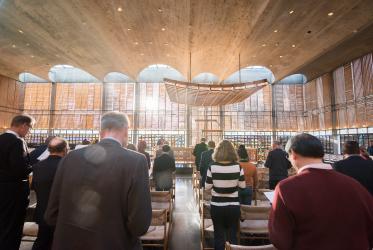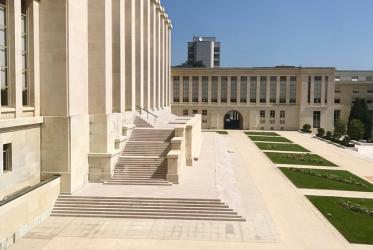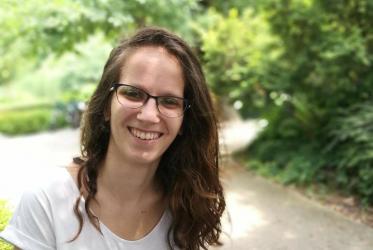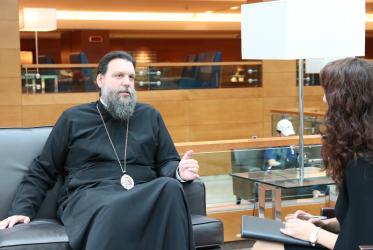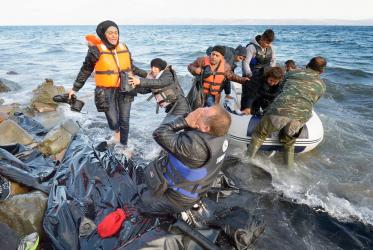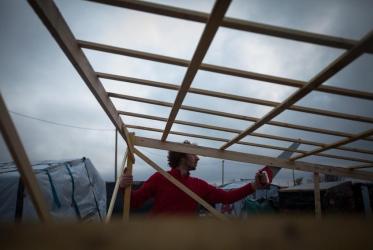Displaying 1 - 20 of 26
Ukraine: Responding to humanitarian need
08 September 2022
WCC posts job openings for leadership staff
27 January 2022
WCC offers statement on racism before UN Human Rights Council
24 September 2019
Reflection explores humanity, equality in God’s creation
16 September 2019
Trying to do good for the world
18 December 2017


